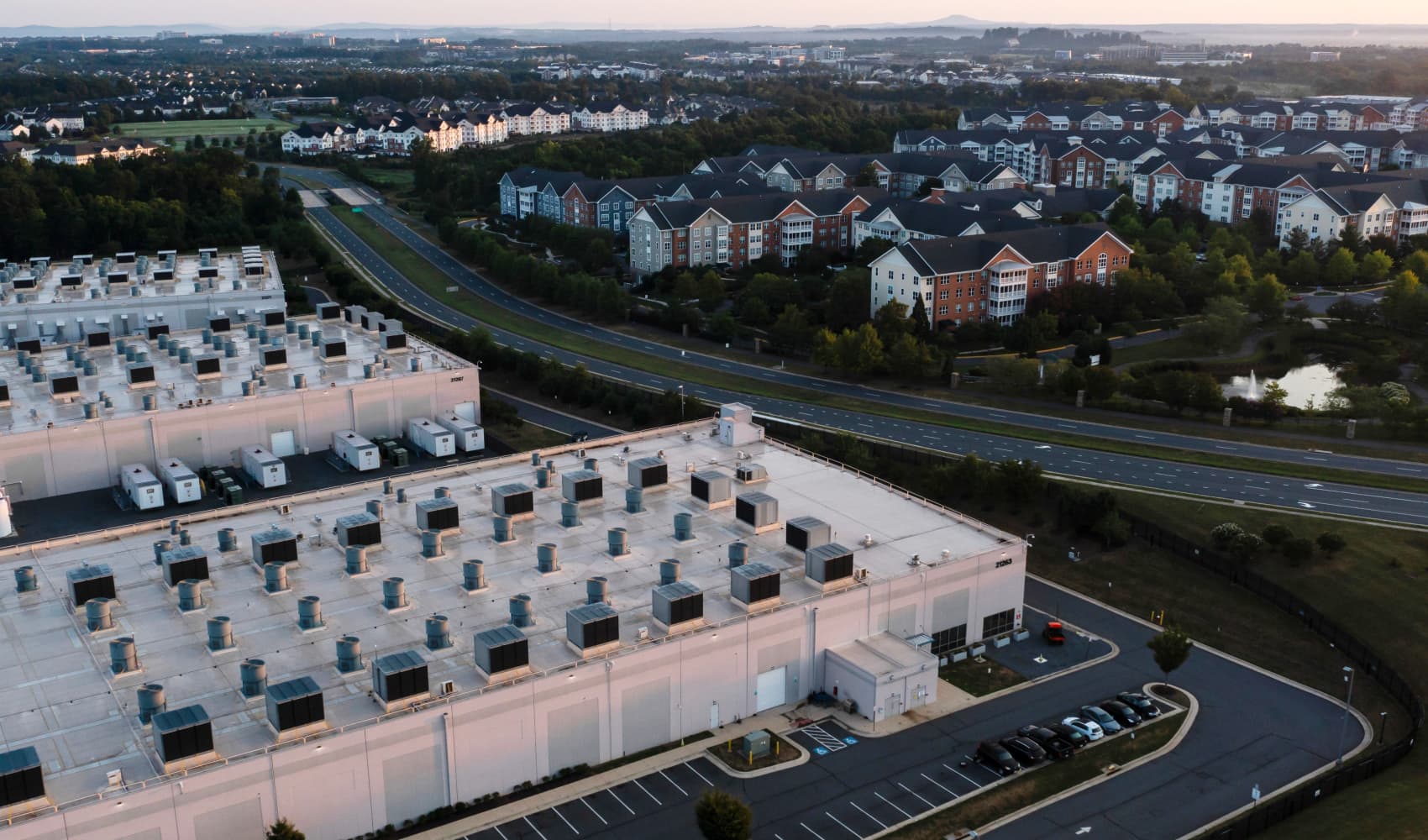Data center growth in Virginia could mean billions in energy costs if it isn't reigned in — and residents would likely pay higher utility bills to meet those power demands, an in-depth report found.
The non-partisan Joint Legislative Audit and Review Commission (JLARC) handed over its data center report to the General Assembly on Monday. Virginia lawmakers asked the JLARC to study the impact of data center growth earlier this year.
The report shows data centers bring enormous economic benefits, but they also have massive power demands that will be difficult to meet.
According to the report, powering unconstrained data center growth could cost up to $18 billion. Utility customers would also have to pay up to $37 more a month by 2040, the report said.
We've got the news you need to know to start your day. Sign up for the First & 4Most morning newsletter — delivered to your inbox daily. Sign up here.
The report acknowledged data centers built too close to residential areas pose another challenge.
"Modern data centers are large industrial facilities and are largely incompatible with residential use," a representative for the JLARC told lawmakers Monday.
American Battlefield Trust President David Duncan said he’s worried the JLARC's 156-page data center study doesn’t focus enough on how data centers impact historic sites and open space.
"You can move a data center. You can’t move where history happened," Duncan said.
Duncan's organization is in a court battle over the planned Digital Gateway data center. It’s a massive development slated for a rural area near the Manassas National Battlefield Park.
Duncan said he hopes lawmakers will put more regulations in place.
"If they're going to offer tax exemptions, especially for these entities to come in, we would really like them to pay more attention to those impacts," Duncan said. "Let's talk about some sort of a requirement that imposes a minimum distance from an historic site, like a battlefield."
Fairfax County Delegate Mark Sickles, who chairs the committee that received the report, said his biggest concern is the impact on neighborhoods and historic sites.
"If there's any legislation, it will be about making sure that the impacts aren’t that great on the surrounding neighbors," Sickles said.
Sickles said local governments might be in the best position to tighten data center and zoning rules. Fairfax County has already taken some steps.
"I don’t think the state should be stepping in and stopping anything, although if they need more tools to control it, we should be open to that," he said.
Lawmakers open their next session on Jan. 8.




